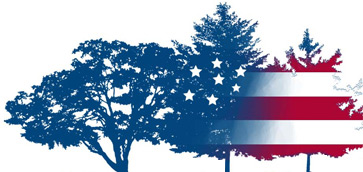The Public Sector Consortium is working on building the first of six competency models (Public Health and Wellness in Municipal Government) as well as focusing on the resiliency skills needed by public leaders to successfully pivot in a rapidly changing landscape.
More than ever resiliency skills and practices are an essential skill set for all professions but most importantly for Public Leaders. Unlike any other profession public leadership competencies are what we all depend on to thrive. It is important to note that resiliency can mean something very different in tenured work- places like government and educational institutions that were designed and structured for continuity and stability. This differs significantly from the private sector where innovation and new products are often the source of their revenues.

